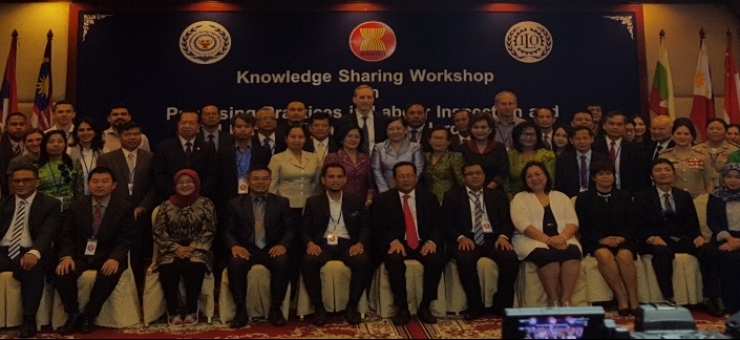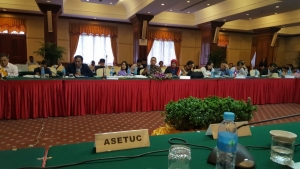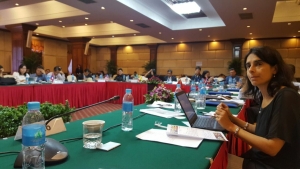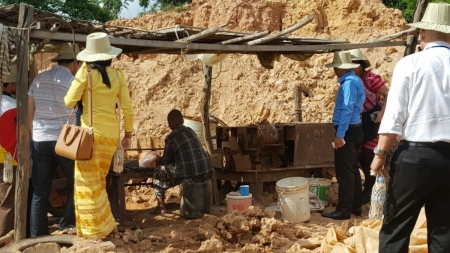ASEAN: Sharing knowledge to combat Child Labour

UNI Apro and ASEAN Services Employees Trade Union Council (ASETUC), represented by Sis. Michelle Belino, Director for Youth Activities, recently participated in an ILO organised Knowledge Sharing Workshop held in Seam Reap, Cambodia from 24-26 May 2017 under the theme “Promising Practices in Labour Inspection and Child Labour Elimination in Hard to Reach Sectors in the AEAN Member States”. The workshop was attended by tripartite delegations from countries of Brunei Darussalam, Cambodia, Indonesia, Lao PDR, Malaysia, Myanmar, Philippines, Thailand, Vietnam, Government observer from Timor Leste, ASETUC, ATUC, ILO, FAO, UNICEF, USDOL, GIZ and the ASEAN Secretariat.
This workshop is an item consistent with the ASEAN Labour Ministers’ Work Programme 2016-2020 and was aimed at strengthening the ability of national labour inspection systems to combat child labour in the region.


During the panel session on "Urban Challenge and Promising Practices and Advocacy", Sis Michelle Belino provided the example of the Payatas Feeding Project, a Youth project from Philippines, as an effort to ensure the rights of the children are promoted and protected, as well as promoting the image of Trade Union in the Community.

Tha participants had the opportunity to visit a brick-making factory in Seam Reap led by a Cambodian Labour Inspector. Through talking with some of the workers, the participants learned that the workers earn a daily wage at around US$1.50. Youths start working from as early as age 15. The living conditions of the workers are harsh. Most of them live with their families in close proximity of the factory. The participants noted that there are no deep wells in the area, and the families have to collect rain water for their daily consumption.
Sis. Michelle gave one of the closing remarks and reflections at the end of the workshop on behalf of UNI Apro and ASETUC. She noted that the hard-to-reach sectors have little union presence. But unions will continue to be partners in awareness raising and campaigning for the elimination of child labour in their respective sectors. There is a need to push for the inclusion and participation of youth and women in the efforts to eliminate child labour. She also urged the development of collaboration with relevant agencies in combatting child labour. This requires the clear understanding of what role each agency plays when undertaking joint inspection. She hopes that even as all the delegates return home, the culture of knowledge sharing on good practices and strong campaign on eliminating child labour in ASEAN Region will continue.

